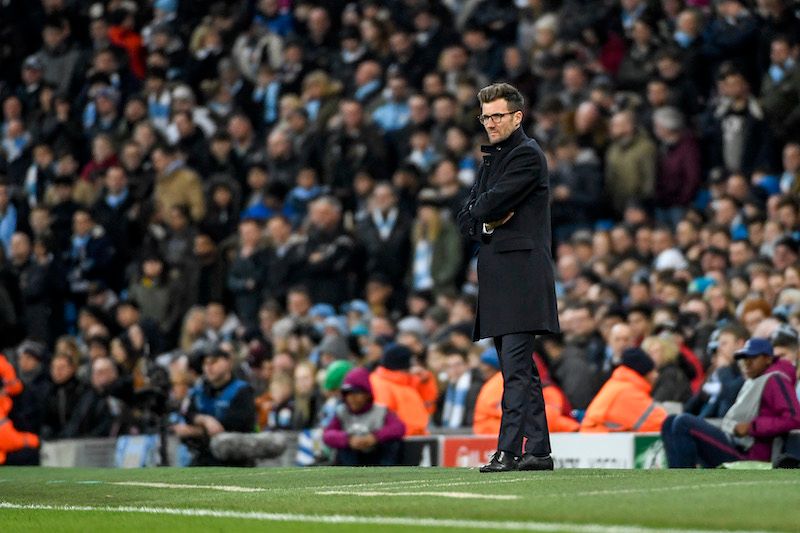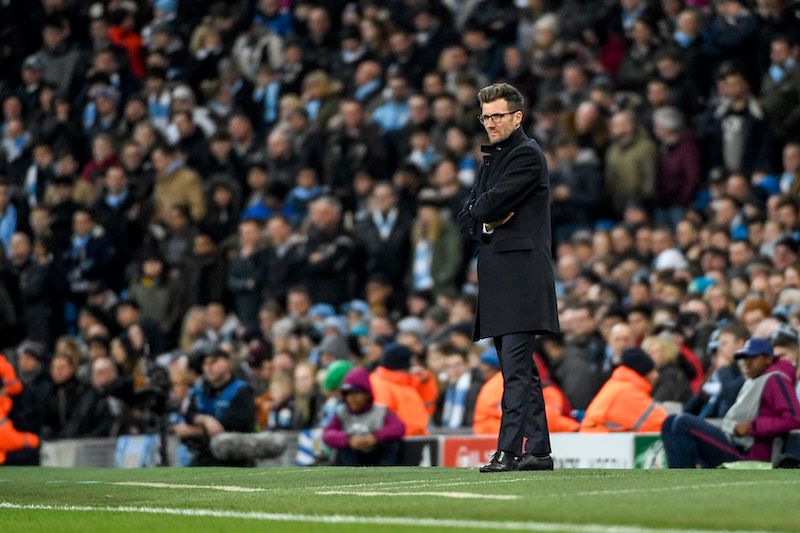Raphael Wicky Q&A: "It’s an exciting moment to join U.S. Soccer."
The U.S. Soccer Federation has appointed Raphael Wicky as the new head coach of the U.S. Under-17 Men’s National Team. The former Swiss international brings 27 years of experience as a player and coach spoke with ussoccer.com about his new role coaching U.S. Youth National Team players and his vision for his new charges.






